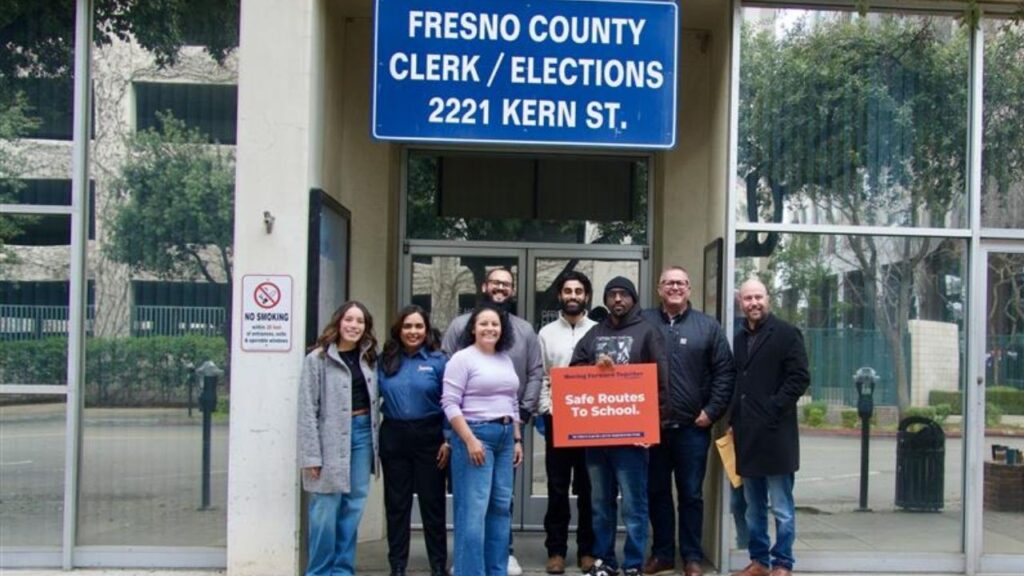Share
Thanks to a Supreme Court decision today Harlan Elrich will save $1,000 a year.

“We’re just fighting for our rights to not have our money go to the causes that the union is supporting.”—former plaintiff Harlan Elrich (Center for Individual Rights Photo)
Now, keeping the money will be his right.
The high court’s Janus v. AFSCME decision reverses a 41-year-old decision that had allowed states to require that public employees pay some fees to unions that represent them, even if the workers choose not to join.
Elrich was a plaintiff in a similar case that reached the Supreme Court in 2016. But the justices split 4-4 in the Friedrichs v. California Teachers Association case, letting the law stand.
The ruling came after the death of conservative Justice Antonin Scalia. Wednesday’s verdict favoring plaintiff Mark Janus came with Justice Neil Gorsuch, an appointee of President Donald Trump, on the bench.
“We’re just fighting for our rights to not have our money go to the causes that the union is supporting. And, so, I’m excited that my money is not going to support causes that I don’t believe in,” Elrich said.
Labor Leader Concerned About Membership

“I think that here in the Valley, you have a lot of misinformation; a lot of propaganda as far as unions and what they do and their benefits. I think that a lot of people have forgotten what working conditions were like prior to unions.”—Fresno union leader Dee Barnes
She is an executive board member and past president of the Fresno City Employees Association. Although less than five of the approximately 700 members of her union opted out, she fears that after Janus, there may be more.
“I think that here in the Valley, you have a lot of misinformation; a lot of propaganda as far as unions and what they do and their benefits. I think that a lot of people have forgotten what working conditions were like prior to unions,” Barnes said.
However, the 5-4 decision came as no surprise.
“I’m extremely sad, but it was totally expected. Most of the public sector employee labor organizations have been expecting that for some time,” Barnes said.
Politics and Unions
Elrich that said his teacher union’s support for candidates he did not endorse led to him to leaving and wanting to take his money with him.
“My money is going to support candidate and bills that I’m opposed to,” he said. “I didn’t feel like the union was looking out for me. They wanted me to look out for them. I just got tired of my money going into Congress and candidates that I was not supporting.”
Barnes said that her union dues allocated to political activity are just a small part of the union’s efforts.
She also noted the labor victories that have become standard practice — the 40-hour work week, vacation time and sick pay, for example.
“We’re fortunate in California that the employees do actually have some benefits by virtue of working in the state of California,” she said. “But other states don’t have that.”

Categories

Philippine Mayor Survives Rocket Attack, TMZ Reports

Fresno Drivers Face Highway 180 on-Ramp Closure Wednesday

















